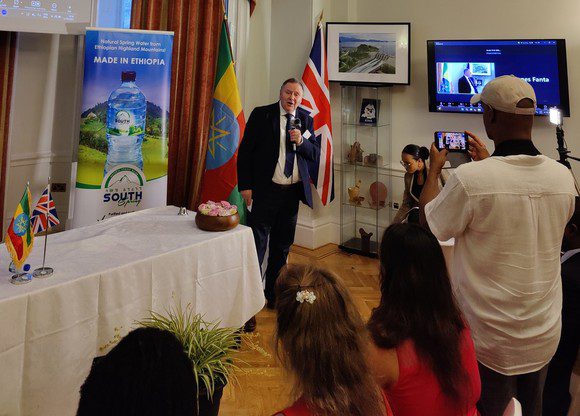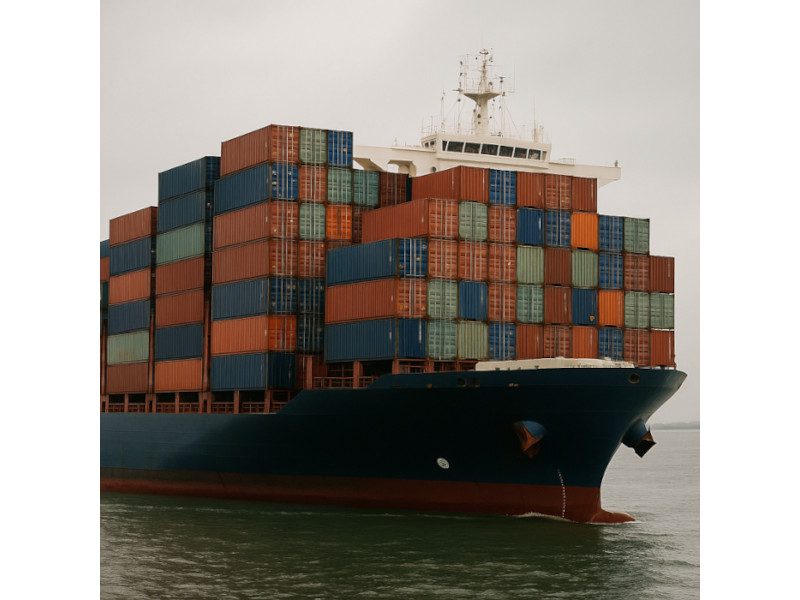Dr. Thani Al Zeyoudi, the UAE’s Minister of State for Foreign Trade, shares his insights on the future of international trade
Dr. Al Zeyoudi, given the rise of trade wars and protectionist policies, do you believe the global trading system still has a future?
It’s a legitimate question and one many policymakers are asking themselves. In the shadow of tariffs and trade wars, it’s tempting to suggest that the era of open, rules-based global trade – as envisaged by the architects of the World Trade Organisation (WTO) back in 1993 – may be behind us. The consensus that once existed, that open trade fosters mutually assured growth, has in some quarters been replaced by the notion that international commerce is a zero-sum game.
What do you think has led to this change in perception?
This shift is the result of several interconnected global events. The COVID-19 pandemic exposed vulnerabilities in global supply chains, convincing many governments to reshore or near-shore the production of essential goods – be it metals, medicines, or critical components. In parallel, we saw the reintroduction of export controls and non-tariff barriers, particularly relating to sanitary and safety standards for imported goods such as food and pharmaceuticals.
Has politics played a role in reshaping trade attitudes?
Certainly. There’s been a political drift toward viewing protectionism as an act of patriotism. This, combined with the stagnation of trade institutions and the lack of enforcement of trade rules, has created a climate where the idea of global trade as a cooperative endeavour is being challenged. The result is increasing fragmentation.
What are the economic consequences if this trend continues unchecked?
The implications could be dire. According to the International Monetary Fund (IMF), persistent trade fragmentation could reduce global economic output by as much as 7% in the long term. That’s equivalent to a staggering $7.4 trillion in lost output. The World Bank has similarly warned that protectionist trade policies could cost the global economy $211 billion, potentially pushing tens of millions into poverty by 2030.
That’s alarming. But is there still cause for optimism?
Yes, absolutely. Despite these challenges, nations remain fundamentally committed to trade. The economic necessity of cross-border exchange – whether it’s for raw materials, industrial inputs, or consumer goods – remains undeniable. In fact, international trade continues to grow. In 2024, global trade hit a record value of $33 trillion, up $1 trillion from the previous year. This shows the continued resilience and adaptability of the global trading system.
Read the full interview in our latest issue here







